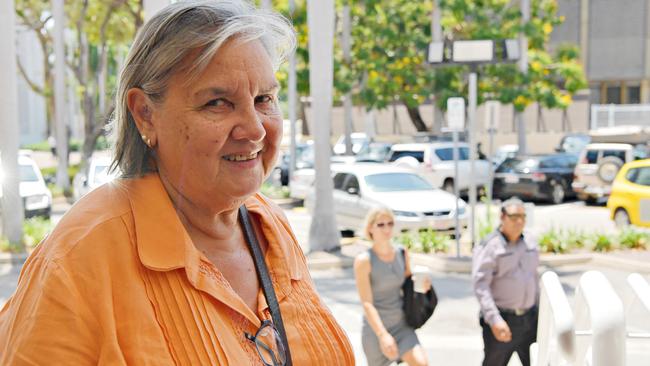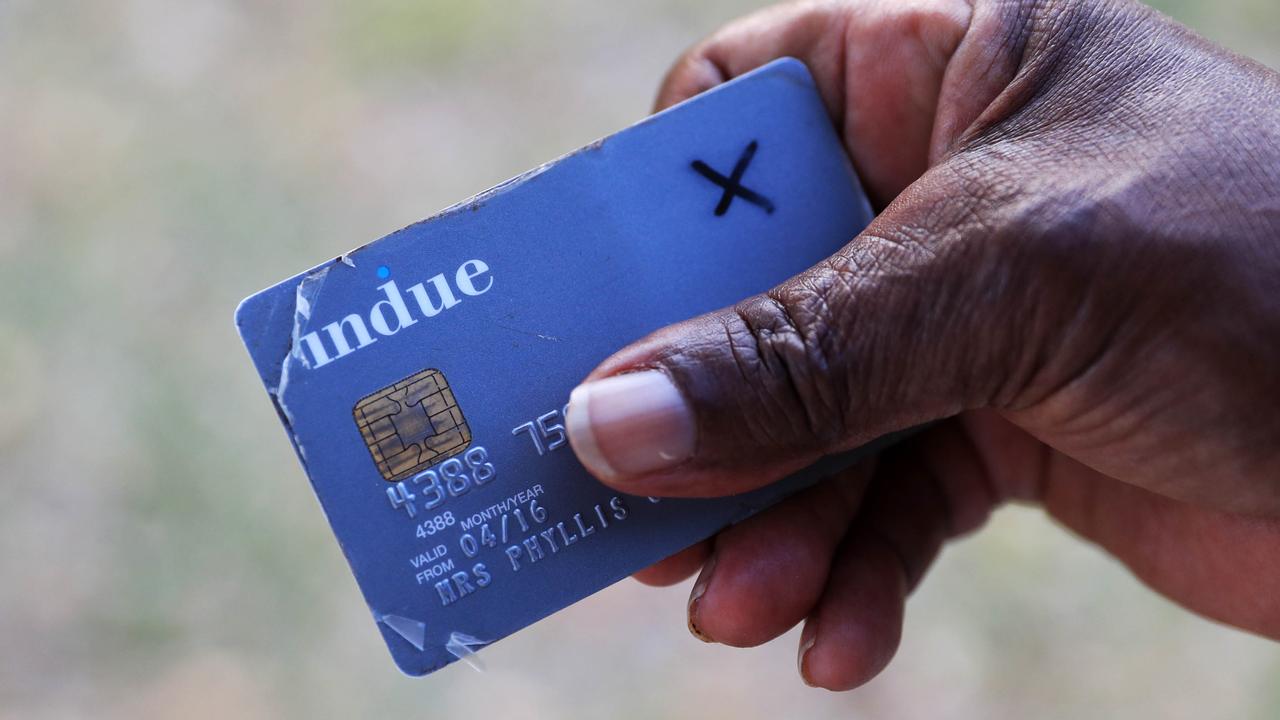Indigenous recognition harnesses distrust of politicians
A constitutional convention will harness distrust of politicians to attract support for indigenous recognition.

A constitutional convention at Uluru next month will harness widespread distrust of politicians to attract support for “substantive” indigenous recognition, as fears grow of a top-down model from Canberra that achieves little.
Brisbane delegates to the latest round of constitutional reform meetings have agreed symbolic recognition without substance must be avoided, but that this could best be achieved by enlisting non-indigenous Australia’s backing and minimising political intervention.
Queensland, which has the second largest indigenous population in Australia behind NSW, is known for that population’s activism and political sophistication, and the weekend meeting included strategy talks on avoiding being “hijacked”. The minimalist or so-called “politicians’ model” for indigenous recognition would likely involve dealing with references to race in the constitution, adding a statement of acknowledgment and little more.
“The Brisbane dialogue was (about) reaching out to the Australian people, left and right, urban and rural, multicultural communities, churches, unions … it prioritised the need to build a broad church of support with the Australian people,” Referendum Council co-chair Pat Anderson said. “We are no different to other Australians: we don’t always trust politicians. Uluru is important because we will be asking everyday Australians to walk with us.”
Ms Anderson said the weak history of Australian referendum success — only eight of 44 have passed since 1901 — was a reminder that “top-down, politicians’ models fail”.
A five-part package of reforms being examined at each of the 12 regional meetings — Brisbane was the penultimate — was regarded as being effective only if adopted in its entirety, which includes establishing an indigenous “voice” to parliament.
While details of the parliamentary body that would allow this “voice” are yet to be refined, it is generally accepted it would be elected, would have the power to assess proposed legislation and might even have the right of veto on laws, though this last is thought less likely.
Brisbane delegates said self-governance was a key to recognition.


